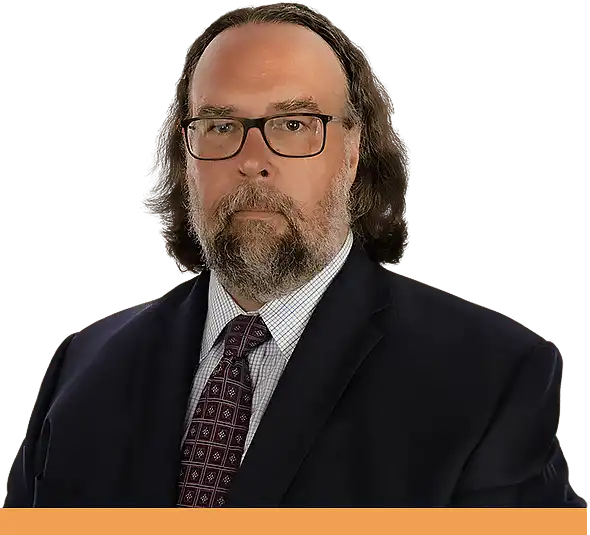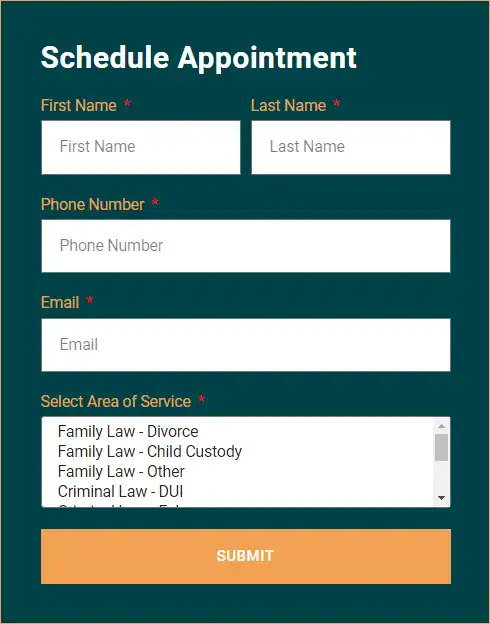Lakeland Attorney for Wills & Trusts
Schedule A Confidential Consultation. Call us today at 863.660.2223
Wills & Trusts Lawyer, Serving Lakeland
Lakeland Estate & Probate Attorney providing experienced Wills & Trusts legal services in Lakeland, Polk County, and throughout Central Florida

Call (863) 660-2223 today to schedule a confidential consultation with attorney, Joshua W. Westcott.
My main goal is to give you complete peace of mind by ensuring that your affairs are in order.
As your Lakeland Attorney for Wills & Trusts, let me help you draft a comprehensive will to protect your assets and family’s future.
Wills and Trusts are beneficial planning tools that allow you to arrange your estate in case you become disabled or pass on. The process can help your surviving family members avoid misunderstanding, extra court expenses, and attorney fees after you die. By thoroughly working out a proper estate plan, you could safeguard your loved one’s rights to your estate and make sure they inherit your assets after the event of your death.
Wills are recommended for clients of all ages, no matter the amount of property and wealth you own. During this process, it is imperative to obtain a Lakeland Attorney for Wills & Trusts who can inform you of important information, as well as provide valid advice and assistance throughout each phase of the legal process.
Estate planning generally has two aims. The most obvious is making a plan regarding the distribution of money, property, and other parts of a person’s estate upon their death. Depending on a number of factors including the value and types of assets involved, whether the assets are to be used a specific way by the beneficiary, and whether the beneficiary has a special circumstance, such as a disability, there are a number of strategies and legal documents to consider.
Additionally, estate planning is used to protect the individual in the event that the individual becomes incapacitated and cannot act for themselves. This part of the planning process can include an individual designating who will make certain decisions on the individual’s behalf.
My goal as your Lakeland Attorney for Wills & Trusts is to do everything I can to make the process easier and educate you in a plainspoken manner.
Wills
A last will and testament is used to direct where property of an individual will be distributed upon death. A will may make devises of specific items or amounts of property as well as a general devise of the residue of a person’s estate.
The residue of the estate consists of the remainder of the estate property that has not otherwise been specifically gifted. A will is also used to name a personal representative to administer the estate and can outline other last wishes of the individual, including instructions regarding burial, cremation, etc.
It is important to ensure that the will is executed correctly under Florida law so that it will be accepted by the probate court at the time of the administration of the estate. Failure to properly execute a will in accordance with the provisions of Florida law can result in the will being held invalid, subjecting the property of the decedent to distribution under Florida’s intestacy laws.
Powers of Attorney
A power of attorney is a document that is used to confer authority of another individual, referred to as the attorney in fact, to act on behalf of the person granting the authority.
A general power of attorney may be used to grant a wide range of powers to the attorney in fact, such as authority to manage bank accounts, brokerage accounts, and other assets of the individual granting the authority. The power of attorney may also be limited, restricting the attorney in fact to acting in regard to specific issues.
A power of attorney may also include a provision to make it a “durable power of attorney.” The durable provision will allow the attorney in fact to continue acting on behalf of an individual even in the event the individual granting the power becomes incapacitated for purposes of making their own decisions.
Health care Surrogate
A document may be executed by an individual naming a health care surrogate to make medical decisions in the event the individual becomes incapacitated and is unable to make decisions for themself.
It is common for an individual executing health care surrogate paperwork to execute a living will at the same time. A living will allow an individual to leave advanced directives for health care providers concerning the use of extraordinary lifesaving treatment in certain situations, such as being diagnosed as being in a germinate vegetative state.
The living will expressly tell healthcare providers whether a person wishes for life-saving measures to be taken, or whether an individual is expressly declining such treatment.
Living Will – Advanced Directives
A living will can be used to instruct medical professionals weather a person wishes to request or specifically decline extraordinary life saving measures in very specific situations involving terminal conditions, end-stage conditions, and succumbing to a permanent vegetative state.
The living will is a way for a person to consider and make a decision about what will be done in these situations ahead of time.
Preneed Guardian
In the event that an individual becomes mentally or physically incapacitated, the individual may be subject to a court-appointed guardian.
An individual can execute a document ahead of time, naming a person who should be given preference and appointed by the court, in case the individual should ever be in a situation where it is necessary for the court to appoint a guardian.
This document gives an individual valuable input in who will care for their financial and healthcare-related decisions in the unforeseeable event that they lose their capacity to act on their own.
Trusts
Generally speaking, a trust is used for a person who wishes to place money, property, and certain legal rights into the of a trust, to be managed for the benefit of certain beneficiaries. There are a variety of objectives that can be handled by the use of a trust.
Some objectives are very specific, such as planning for Medicaid due to disability, tax avoidance, and confidential land transactions, while other objectives are more general, such as ensuring asset availability to a settlers family in different circumstances.
Depending on the type of trust, different rules will apply regarding tax issues, access to the property, and requirements for proper administration, just to name a few.
Many different types of trust may be created, and it is important for the trust to be drafted, funded, and administered correctly to ensure that the objective of the trust are not compromised.
If you have questions regarding your Wills or Trusts legal needs, make sure your legal rights are protected.
Call (863) 660-2223 today to schedule a confidential consultation with Attorney, Joshua W. Westcott.
JOSHUA W. WESTCOTT
Attorney at Law
Joshua W. Westcott is a native of Detroit, Michigan and upon graduating from Michigan State University went on to study law at both Michigan State and Barry University.
Admitted to the Florida Bar in 2007, Mr. Westcott has practiced as a criminal trial attorney in both public service and private practice, and currently dedicates his practice to Probate, Family Law, and Criminal Defense matters.
Previously, Joshua W. Westcott has served as an Assistant State Attorney for the Ninth Judicial Circuit of Florida, and as a criminal trial attorney and supervisor of the criminal division in the Office of Criminal Conflict and Civil Regional Counsel for the Second District of Florida.
He has served as lead defense counsel in multiple first-degree murder and child sex crime mattes, as well as a litany of high-level felony cases in the Tenth Judicial Circuit of Florida.
JOSHUA W. WESTCOTT - BIOGRAPHY › › ›
JOSHUA W. WESTCOTT
Attorney at Law
Joshua W. Westcott is a native of Detroit, Michigan and upon graduating from Michigan State University went on to study law at both Michigan State and Barry University.
Admitted to the Florida Bar in 2007, Mr. Westcott has practiced as a criminal trial attorney in both public service and private practice, and currently dedicates his practice to Probate, Family Law, and Criminal Defense matters.
Previously, Joshua W. Westcott has served as an Assistant State Attorney for the Ninth Judicial Circuit of Florida, and as a criminal trial attorney and supervisor of the criminal division in the Office of Criminal Conflict and Civil Regional Counsel for the Second District of Florida.
He has served as lead defense counsel in multiple first-degree murder and child sex crime mattes, as well as a litany of high-level felony cases in the Tenth Judicial Circuit of Florida.
JOSHUA W. WESTCOTT - BIOGRAPHY › › ›
CONTACT US
BY EMAIL
TESTIMONIALS






